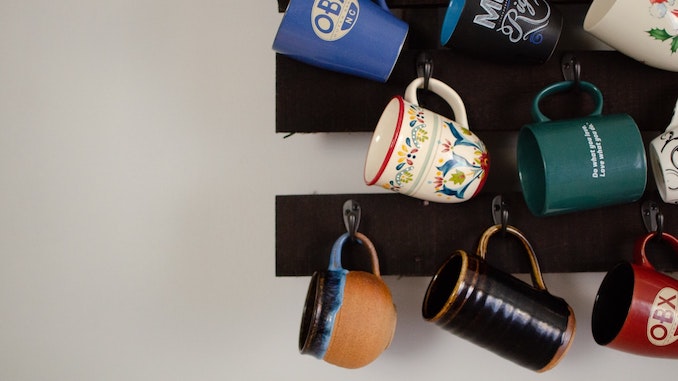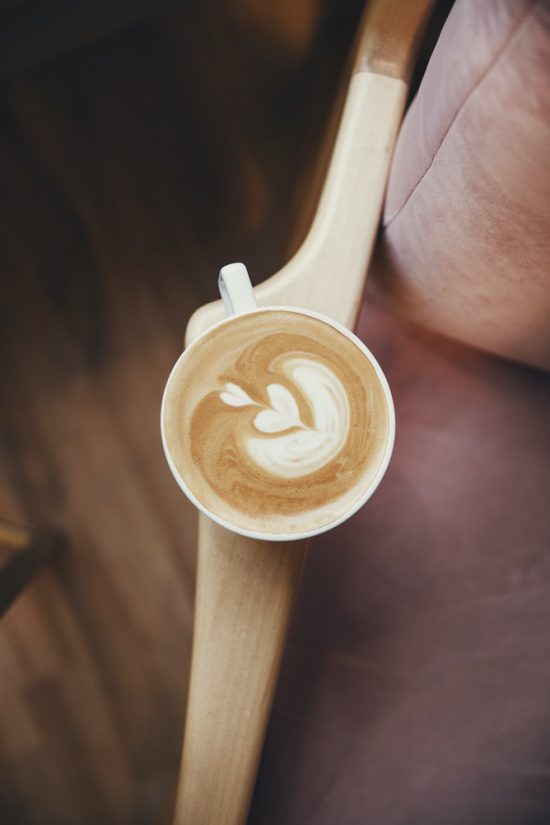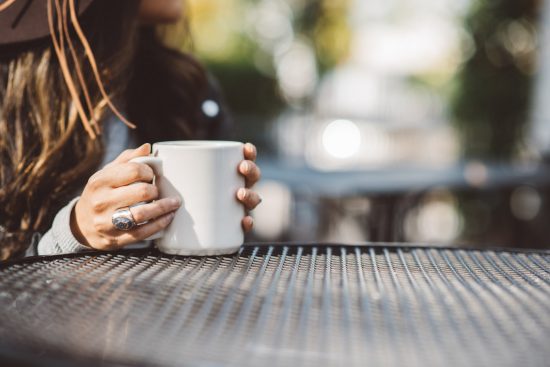
We explore the sentiment and attachment associated with coffee mugs.
BY YKER VALERIO
SPECIAL TO BARISTA MAGAZINE ONLINE
Cover photo by Meg Boulden for Unsplash
Few emotions are as shared and personal as the love for our favorite objects. Coffee mugs are among them—they are much more than a vessel to us.
According to a recent study, coffee mugs and cups can alter the way we perceive coffee taste and aroma. The implications for coffee professionals and business owners are clear: Coffee mugs and cups can play a significant role in customers’ decisions. But, is that it?

Finding Ourselves in a Mug
Christian Wheeler is a consumer behavior expert and professor at Stanford University. Recently, Christian and his team published a study about objects and self-identity.
According to Christian, “It’s reasonable to think that coffee mugs can evoke the comfort and energy we feel when drinking coffee.” Coffee drinking can be very ritualistic, and for many, these habits hold special significance.
By mere association and routine, we can develop a positive relationship with our coffee mugs as we feel consistently better after drinking coffee every day, according to Christian.
Beyond this relatively mechanistic and powerful process, we build our identity around certain objects. Like any object, we want mugs to be functional, but as they’re part of our daily rituals, they can easily become valuable to us and a part of ourselves. Almost literally.
For instance, our favorite mug can be a memento from a loved grandparent who passed away. In this case, there is almost nothing we can do to design or create something similar. “It is what Philip Tetlock calls a taboo trade-off; people wouldn’t sell such a significant object at any price,” says Christian.
On the other hand, objects don’t need to have such a personal story behind them to be meaningful. They can work as identity signals we share with other members of a social group, a community, or a country.
Beautiful, Like Me
Claudia Townsend, from the University of Miami, has found that product aesthetics play a role in the way we feel about ourselves, not only the value we perceive in these products.
Interestingly, in comparison to brand, function, and hedonics, Claudia’s study suggests that only aesthetics exert an influence on consumers’ personal values.
Unsurprisingly, a beautiful coffee mug is more appealing than a regular one, and consumers will be generally more likely to pay more for them. What is really eye-opening about her study is that aesthetic objects can make us feel better about ourselves, reinforcing positive aspects of our identities.
Putting it simply, we feel that part of that beauty is a reflection or an extension of ourselves.
My Coffee Mug Is My Superpower
Curiously enough, objects like coffee mugs can boost our confidence and, therefore, our performance. In another study, Christian researched this phenomenon with his colleague at Stanford, Baba Shiv, and Leilei Gao, from the Chinese University of Hong Kong.
They found that when our sense of identity falters, we choose products that bolster our original self-perception. For instance, if someone who perceives herself as creative starts to have doubts about it, she will be motivated to choose products that reinforce her previous self-perception as a creative person.
Confidence and the way we perceive ourselves are important for performance at study and work. Currently, hundreds of studies have supported this relationship, after Albert Bandura developed the self-efficacy theory.
Further research has shown consistently over the past few decades that if we believe that we can do something, it’s more likely that we will actually do it.

Implications for Coffee Professionals and Businesses
Creating coffee experiences that reinforce positive aspects of identity through aesthetics, meaning, and functionality can sound overly ambitious. Yet, unintentionally, a humble mug with a cryptic joke printed on it can do something similar.
Can we design thinking about identity and personal values? It would be interesting to explore venues to build a stronger sense of belonging around different objects in coffee businesses—not only coffee mugs, but the packaging, furniture, and even café decor too, for instance.

ABOUT THE AUTHOR
Yker Valerio (he/him) is a freelance content creator. After more than 10 years of working as a management consultant, he started his blog Bon Vivant Caffè to share his passion for specialty coffee.

